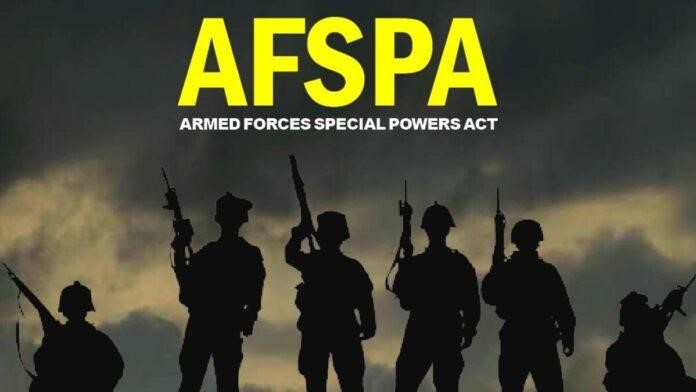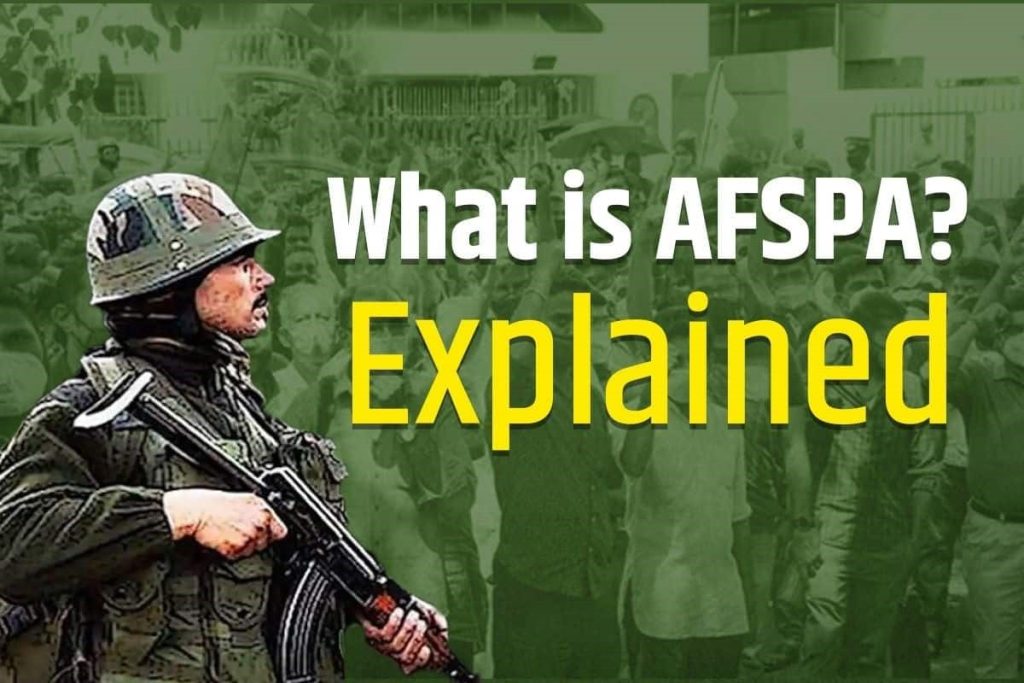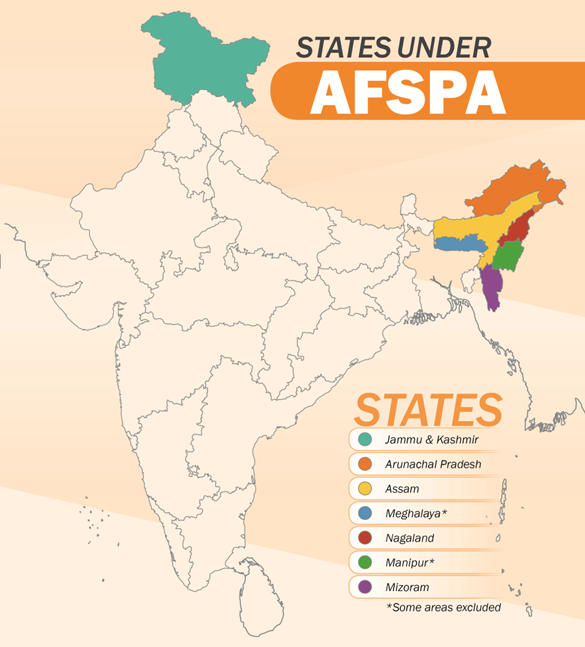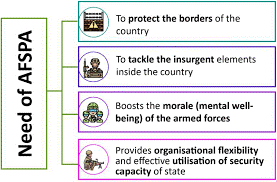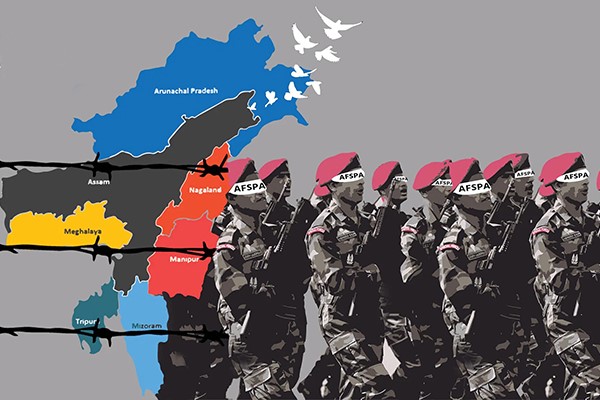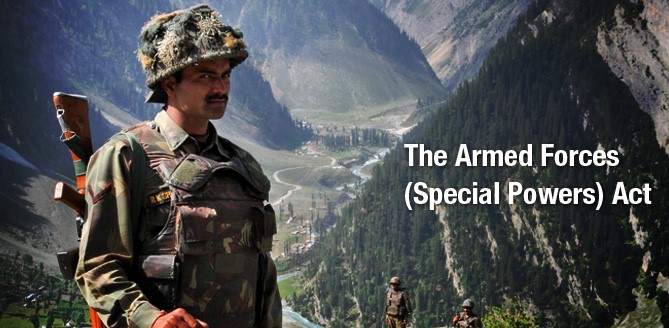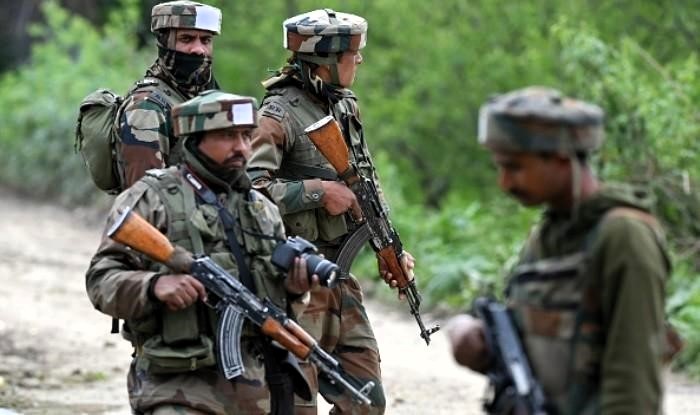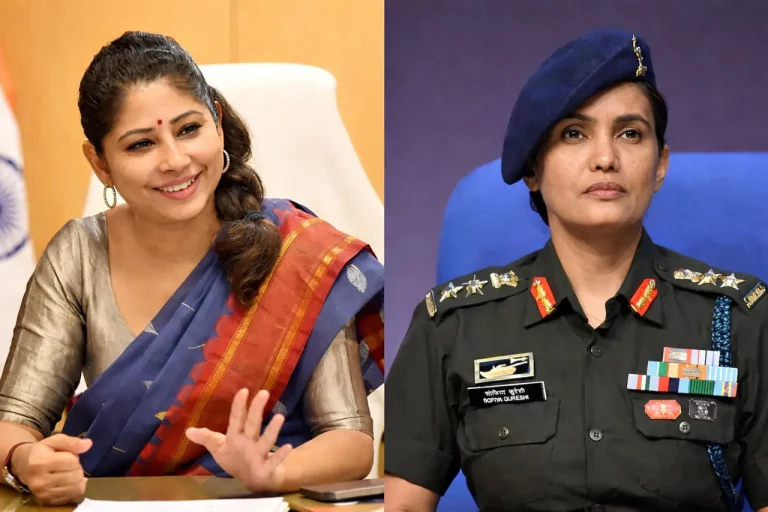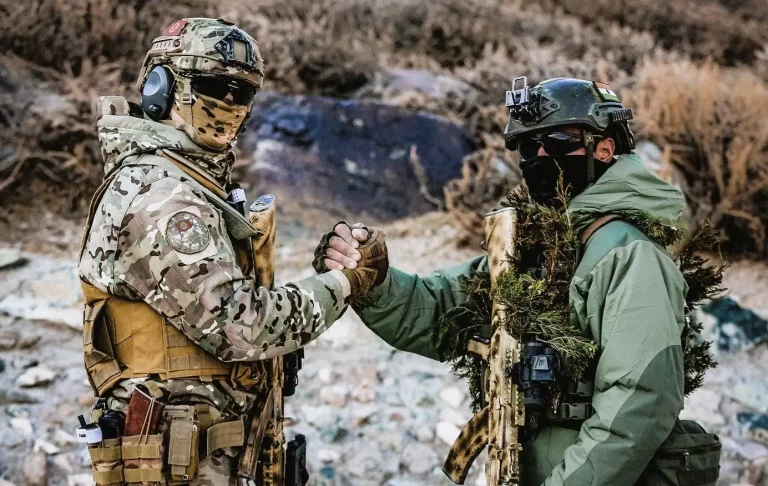The Armed Forces Special Powers Act, commonly abbreviated as AFSPA, stands as a significant legislative framework conferring special powers upon the Indian Armed Forces, states, and paramilitary forces operating in regions categorized as ‘disturbed areas.’ Enacted to maintain law and order in challenging and turbulent environments, AFSPA has been subject to extensive scrutiny and debate regarding its necessity, implications, and human rights concerns. This article aims to delve into the full form of AFSPA, its historical origins, provisions, controversies, and recent developments.
Full Form of AFSPA Overview
Let us quickly grasp the essence of AFSPA through this comprehensive overview:
| Aspect | Details |
|---|---|
| Full Form | Armed Forces Special Powers Act (AFSPA) |
| Purpose | Grants special powers in disturbed areas for law and order maintenance by the armed forces, states, and paramilitaries. |
| Enactment | First enacted in 1958 for Assam and Manipur. |
| Amendments | Extended to other regions like Punjab, Chandigarh, Jammu and Kashmir. |
| Historical Origin | Originated during the Quit India movement in 1942 as the Armed Forces (Special Powers) Ordinance. |
| Current Status | Subject to ongoing debates and revisions, particularly regarding its application in Jammu and Kashmir. |
| Territorial Scope | Initially focused on Northeastern states, with recent initiatives to reassess and reduce ‘disturbed areas’ in certain states. |
Full Form of AFSPA, History
Understanding the historical context of AFSPA provides insights into its evolution and application:
Pre-Independence Origins:
AFSPA has its roots in colonial-era legislation and was first issued during the Quit India movement in 1942. Initiated by Mahatma Gandhi, the movement turned violent, leading to widespread civil unrest. Viceroy Linlithgow issued the Armed Forces (Special Powers) Ordinance, granting military clearance to quell the unrest.
Post-Independence Laws:
- Armed Forces Special Powers Act (Assam and Manipur), 1958:
- Originated to address the Naga rebellion in Assam.
- Passed in 1958 by then-Secretary of the Interior, G.B. Pant.
- Governors and Union Territory administrators had the power to declare ‘disturbed areas.’
- Armed Forces Special Powers Act (Punjab and Chandigarh), 1983:
- Enacted in 1983 during the Punjab crisis.
- Additional powers granted to the armed forces for vehicle searches and forced entry.
- Withdrawn in 1997 after the decline of the Khalistan movement.
- Armed Forces Special Powers Act (Jammu and Kashmir), 1990:
- Enacted in 1990 to address rising extremism and riots.
- Allows imposition if an area is deemed in disorder and danger.
- Controversial, still in effect in Jammu and Kashmir.
Northeast Extension:
AFSPA was extended to Northeastern states – Assam, Manipur, Meghalaya, Nagaland, Tripura, Arunachal Pradesh, and Mizoram. Mizoram and Tripura repealed the law in the 1980s and 2015, respectively. Ongoing discussions and reassessment of ‘disturbed areas’ in certain states.
Full Form of AFSPA, Controversies
Despite its intended purpose, AFSPA has been embroiled in controversies, primarily centered around its implementation in Jammu and Kashmir:
Excessive Powers:
Criticism for granting the military and central armed police excessive powers in ‘disturbed areas.’ Powers include the authority to kill, arrest without a warrant, search premises, and enjoy prosecution and trial protection.
Human Rights Concerns:
Accusations of human rights abuses, including extrajudicial killings, torture, and arbitrary detentions. Instances where these powers led to violations of citizens’ rights.
Public Outcry:
Ongoing public protests and demands for the repeal of AFSPA in various regions. Revisions to AFSPA:
Historical Background:
Enacted in 1958 to deal with the Naga rebellion. Amendments in 1972 gave central and state governments power to declare an area “disturbed.”
Regional Acts:
Different versions for Assam and Manipur (1958), Punjab and Chandigarh (1983), and Jammu and Kashmir (1990). Amendments in Punjab and Chandigarh version included additional powers for armed forces.
Northeast AFSPA:
Extended to seven North-Eastern states. Reduction of “disturbed areas” in some states in recent years.
Controversies and Repeals:
Instances of AFSPA repeal in Meghalaya (2018) and Mizoram, Tripura (1980s, 2015). Ongoing debates on the controversial implementation in Jammu and Kashmir.
Full Form of AFSPA, Recent Developments
Recent developments shed light on the evolving nature of AFSPA and its impact on security and governance:
Reduction in “Disturbed Areas”:
Ministry of Home Affairs (MHA) reduced “disturbed areas” in Assam, Manipur, and Nagaland. Aimed at easing the stringent application of AFSPA in certain regions.
Nagaland Controversy:
AFSPA has been in force in Nagaland since 1995. Ongoing controversies and debates surrounding its continued application.
Repeal in Meghalaya:
Meghalaya was under AFSPA for 27 years until its repeal on April 1, 2018. A significant development reflecting a shift in the security situation.
Challenges in Jammu and Kashmir:
AFSPA enacted in Jammu and Kashmir in 1990 due to rising extremism and riots. Continues to be a subject of controversy and debate in the region.
What Is AFSPA: Armed Forces (Special Powers) Act, And Why Is It Withdrawn From Northeastern States?
Public Outcry and Protests:
Ongoing public outcry and protests demanding the repeal of AFSPA in various parts of the country. Calls for a reevaluation of the law and its implications on human rights.
Reform Debates:
National discussions and debates on reforming AFSPA to address concerns and ensure a balance between security needs and human rights.
Conclusion
AFSPA, or the Armed Forces Special Powers Act, represents a critical legal framework in India aimed at addressing security challenges in specific regions. However, its implementation has sparked intense scrutiny, debates, and calls for reform due to concerns regarding human rights abuses and excessive powers granted to security forces. Understanding its history, provisions, controversies, and recent developments provides valuable insights into the complex landscape of security legislation in India.
FAQs
1. What is the full form of AFSPA, and what does it entail?
AFSPA stands for the Armed Forces Special Powers Act. It is a legislative framework granting special powers to the armed forces, states, and paramilitary forces to maintain law and order in disturbed areas.
2. When was AFSPA first enacted, and for which regions?
AFSPA was first enacted in 1958 for the states of Assam and Manipur to address the Naga rebellion. Over the years, it has been extended to other regions like Punjab, Chandigarh, and Jammu and Kashmir.
3. What are the historical origins of AFSPA?
AFSPA has its origins in colonial-era legislation and was initially issued during the Quit India movement in 1942 to quell civil unrest. It was later formalized as the Armed Forces (Special Powers) Ordinance.
4. What are the key provisions of AFSPA?
AFSPA grants the armed forces and other designated forces extensive powers, including the authority to arrest without a warrant, conduct searches, and enjoy prosecution and trial protection. It also allows the declaration of ‘disturbed areas’ where these powers are applicable.
5. What are some of the controversies surrounding AFSPA?
AFSPA has faced criticism for granting excessive powers to security forces, leading to allegations of human rights abuses such as extrajudicial killings, torture, and arbitrary detentions. There have been ongoing public protests and demands for its repeal in various regions.
6. How has AFSPA evolved over time?
AFSPA has undergone several amendments and revisions since its inception, with different versions enacted for specific regions. Some states have repealed AFSPA in recent years, reflecting changing security dynamics and public sentiment.
7. What are some recent developments related to AFSPA?
Recent developments include the reduction of ‘disturbed areas’ in certain states by the Ministry of Home Affairs, the repeal of AFSPA in Meghalaya in 2018, ongoing debates on its implementation in Jammu and Kashmir, and calls for reform to address human rights concerns.
8. What are the ongoing debates and discussions regarding AFSPA?
Ongoing debates revolve around the necessity and implications of AFSPA, its impact on human rights, and the balance between security needs and civil liberties. There are calls for reforming or repealing AFSPA to address these concerns effectively.
9. How does AFSPA impact the security and governance landscape in India?
AFSPA plays a significant role in addressing security challenges in specific regions but has also been a subject of intense scrutiny and debate. Understanding its history, provisions, controversies, and recent developments is crucial for grasping its impact on security and governance in India.
